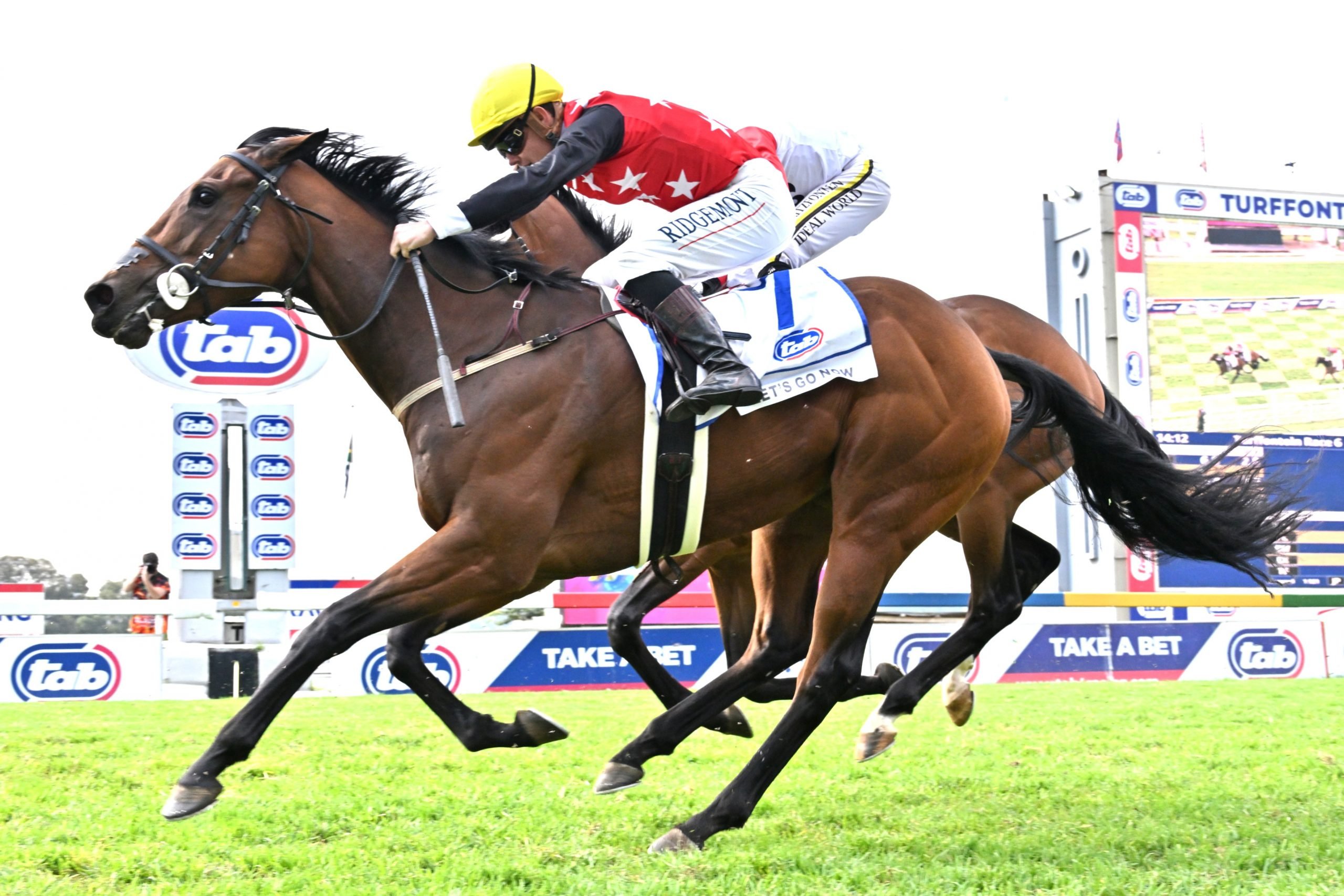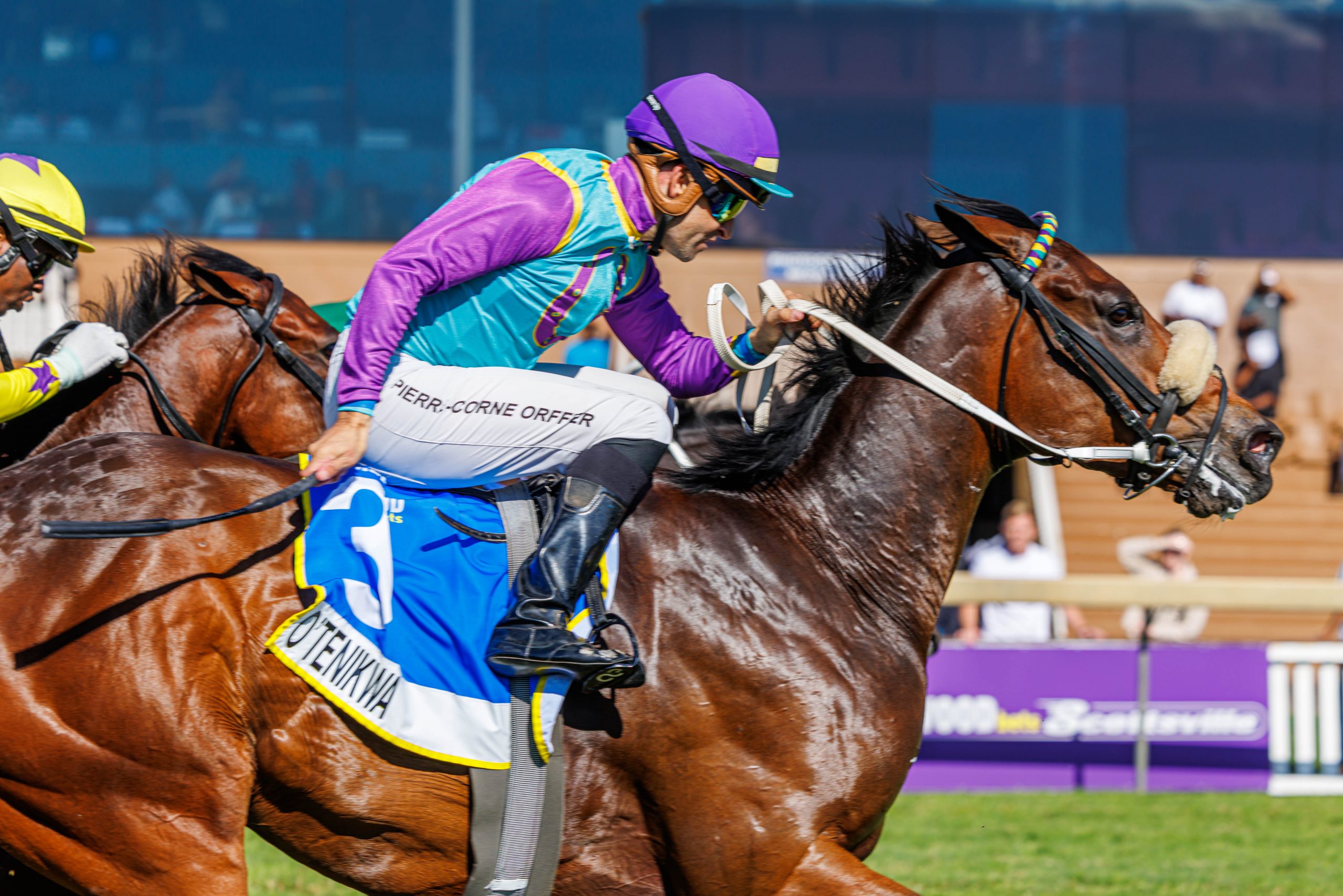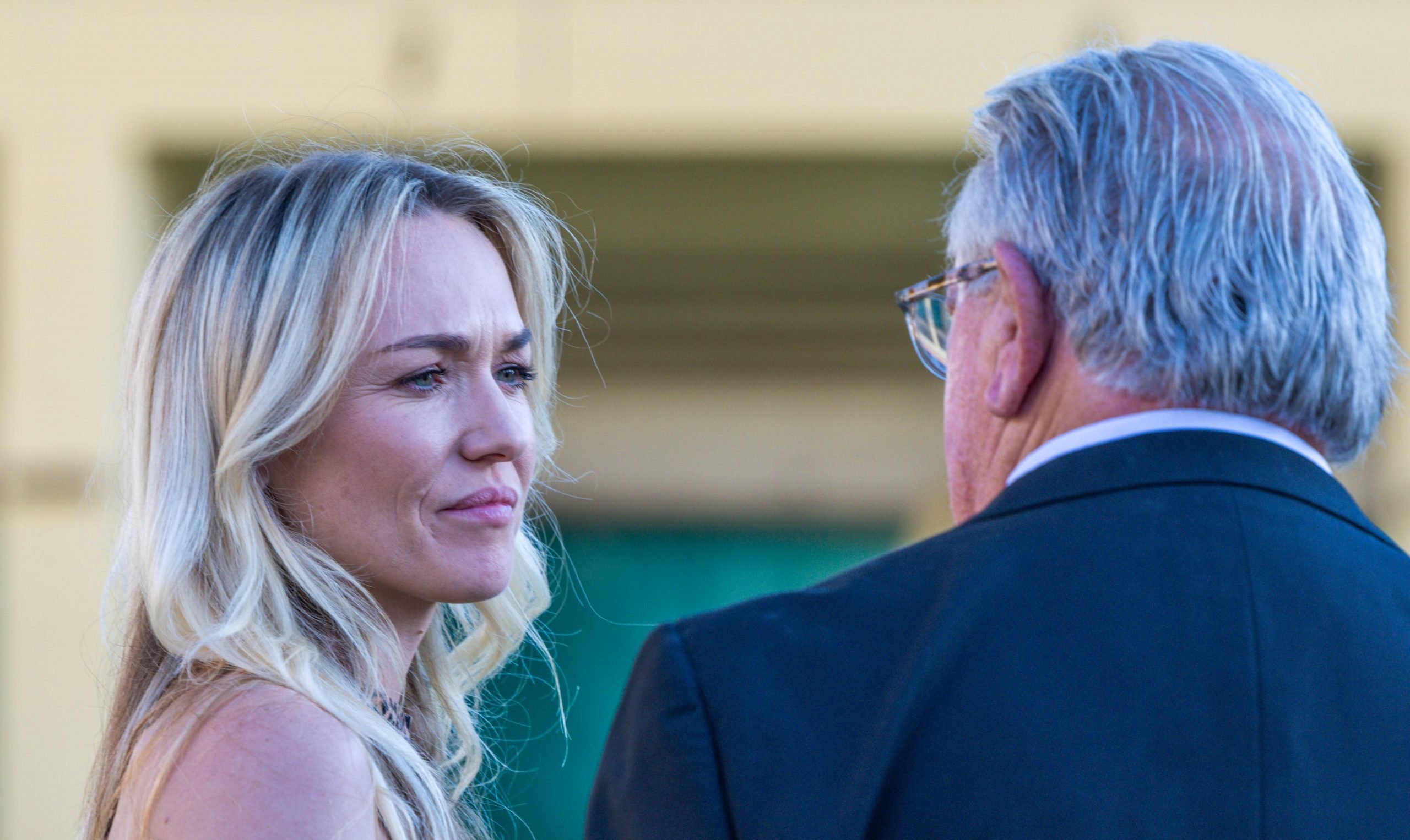The most pressing question with the upcoming CTS March Yearling Sale next weekend the 22/23 March is, will it effect the movement for yearlings to and from the sale venue in Durbanville.
Speaking to Camilla Weyer at the AHS Trust who is still the best contact person for information, she confirmed that the only horses affected are those east of the N7, so at this stage ALL the horses from the Ceres / Robertson etc areas are unaffected, as long as they travel down the N1 route. At this stage, the sale should be unaffected and all horses will be able to leave the Durbanville area as normal.
Camilla confirmed that we are dealing with Serotype 1, which is a mild strain of the disease and while we do now have two confirmed cases of AHS, there have been no deaths reported so far.
Again, people are advised to avoid travelling horses if they can, and in cases where travel is unavoidable, to exercise all necessary precautions.
Camilla Weyer at the AHS Trust – email: [email protected] or mobile 083 710 2408 083 710 2408
083 710 2408
The AHS Report
Two horses have tested positive for African Horse sickness on a holding situated between Saron and Porterville, south east of the R44 in the Western Cape. The affected holding falls within the AHS Protection Zone.
As a precautionary measure the following veterinary control measures via the establishment of CONTAINMENT ZONE are hereby declared in terms of the Animal Diseases Act, 1984 (Act 35 of 1984) and allied legislation:
1. No horses, mules, donkeys or zebra (= equids) may be moved within, into, out of or through, specifically on the R44, in the area described below:
o Northern border: The N7 running from the Berg river in the South West through to the Piekenierskloof pass in the North East.
o Eastern Boundary: The Piekenierskloof pass in the North along the Oliefantsrivier mountain range south to the Grootwinterhoek mountains and south to Gouda along the Obiekwa mountains
o Southern Boundary: The town of Gouda.
o Western Boundary: Berg river extending from Gouda in the South through to the N7 in the North West.
2. This movement ban will come into force immediately and will remain in force until repealed by a further order issued by Veterinary Services of the Western Cape Department of Agriculture.
3. Movements of equids via the N7 on the boundary of this area may take but such movements should take place only during daylight hours, travelling straight through the area in a Northerly or Southerly direction without any stopping or deviation.
4. All horses within this area must be stabled as far as possible from 2 hours before sunset until 2 hours after sunrise. In addition they must be treated with effective insect repellants to prevent midges feeding on them.
5. All occurrences of horses becoming sick or dying must immediately be reported to the closest State Veterinarian (see contact details below) in order for Veterinary Services to investigate the possible cause of such disease or death.
6. Infringement of these conditions may lead to prosecution in terms of the Animal Diseases Act.
7. Any deviation from these requirements or non-conformances can be reported to Dr John Grewar, Chief State Veterinarian, Epidemiology, on mobile number 083 642 0610 083 642 0610, or office number 021 808 5056
083 642 0610, or office number 021 808 5056 021 808 5056, fax number 021 808 5126 or by e-mail at [email protected]
021 808 5056, fax number 021 808 5126 or by e-mail at [email protected]









